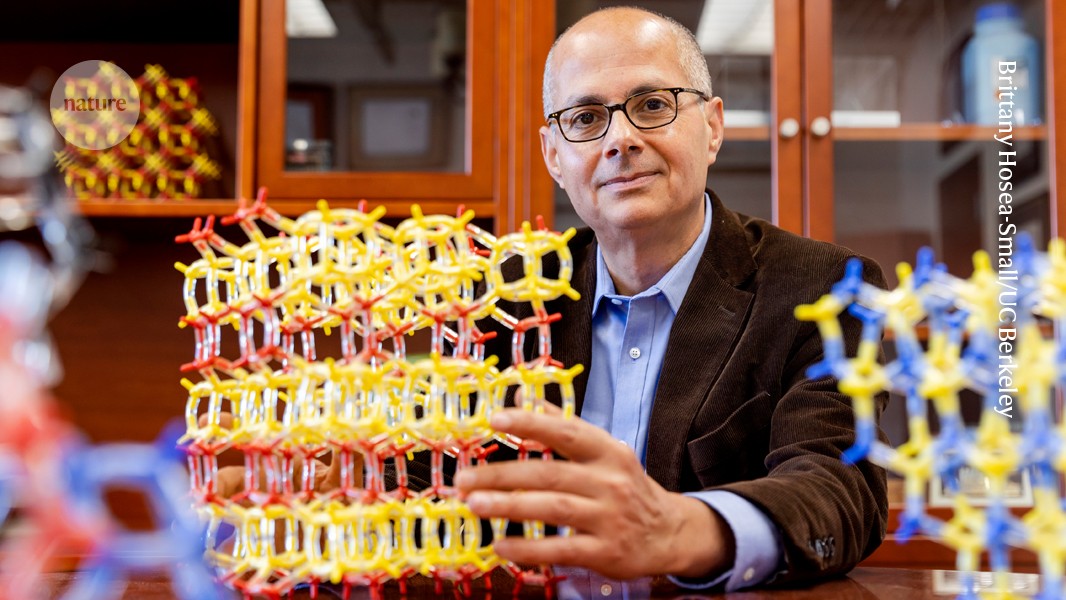
"Of the 202 Nobel laureates who have been awarded prizes in physics, chemistry and medicine this century, less than 70% hail from the country in which they were awarded their prize. The remaining 63 laureates left their country of birth before winning a Nobel prize, sometimes crossing international borders more than once, a Nature analysis shows (see 'Nobel flows'). Among the Nobel prizewinners who emigrated to other countries are two of three chemistry winners announced on Wednesday."
"Immigrants have long played an important part on the Nobel stage, including illustrious scientists such as Albert Einstein, who moved from his birthplace in Germany to Switzerland (and later to the United States), and Marie Curie, who left her native Poland to work in France. That's because the most fruitful scientific opportunities - the best training, equipment and research communities - are scattered across the globe."
"'Talent can be born anywhere, but opportunities are not,' says Ina Ganguli, an economist at the University of Massachusetts Amherst. 'I think that's the reason we see so many foreign Nobel laureates.' The new analysis comes as the international flow of scientists and students faces growing obstacles. In the United States, for example, rampant grant cuts and stricter immigration policies implemented this year by the administration of President Donald Trump threaten a looming 'brain drain'."
Of 202 Nobel laureates in physics, chemistry and medicine this century, fewer than 70% were born in the country that awarded their prize; 63 left their birth country before winning. Several recent winners relocated internationally, including chemistry laureates Richard Robson (born in the United Kingdom, now in Australia) and Omar Yaghi (Jordan-born, now a US resident), and physics winners Michel Devoret and John Clarke (born in France and the United Kingdom, now US residents). Scientific talent often migrates toward concentrated resources: superior training, equipment and research communities. Policy shifts and funding cuts in destination countries risk a brain drain and could slow novel research.
Read at Nature
Unable to calculate read time
Collection
[
|
...
]